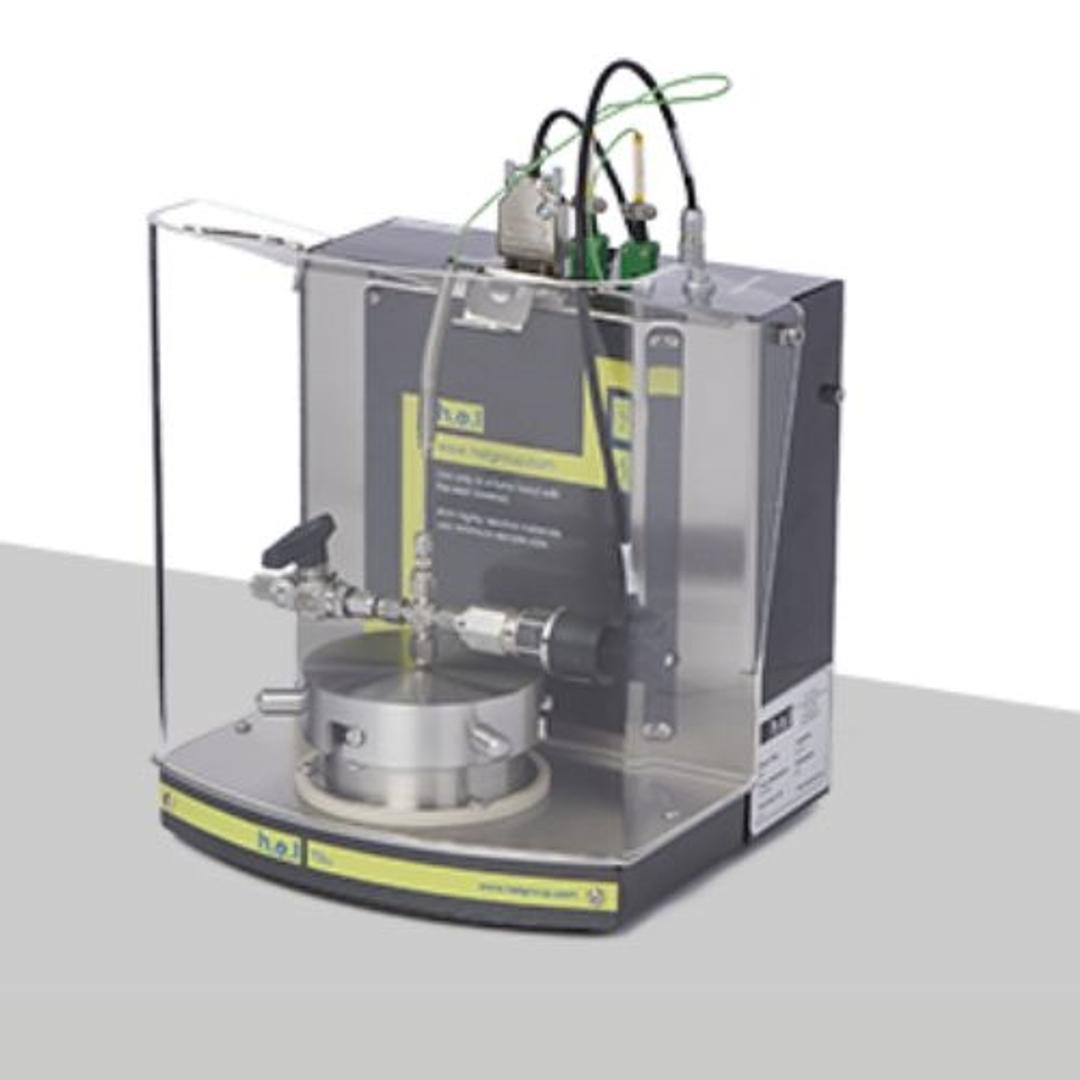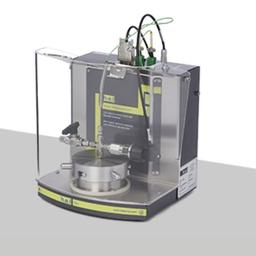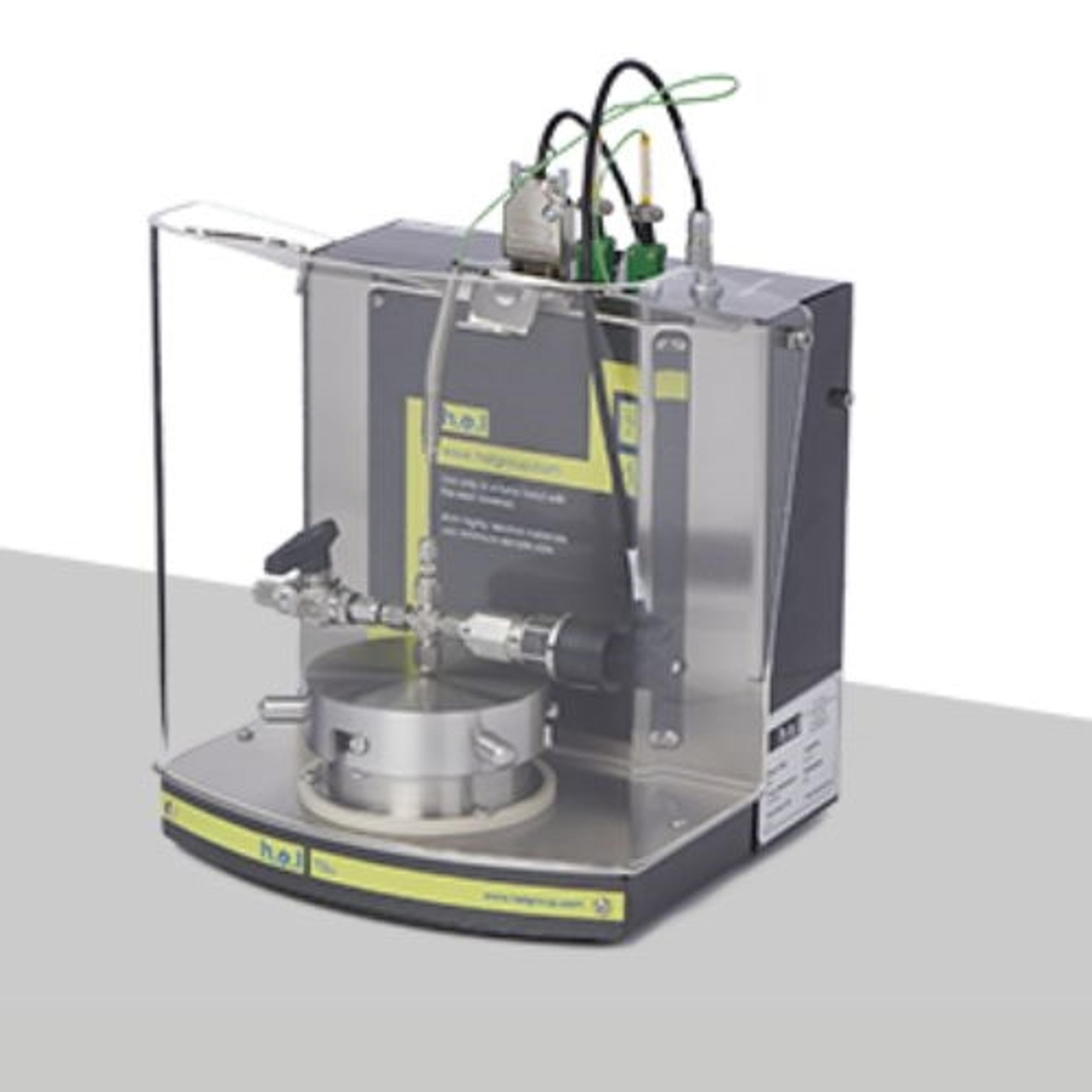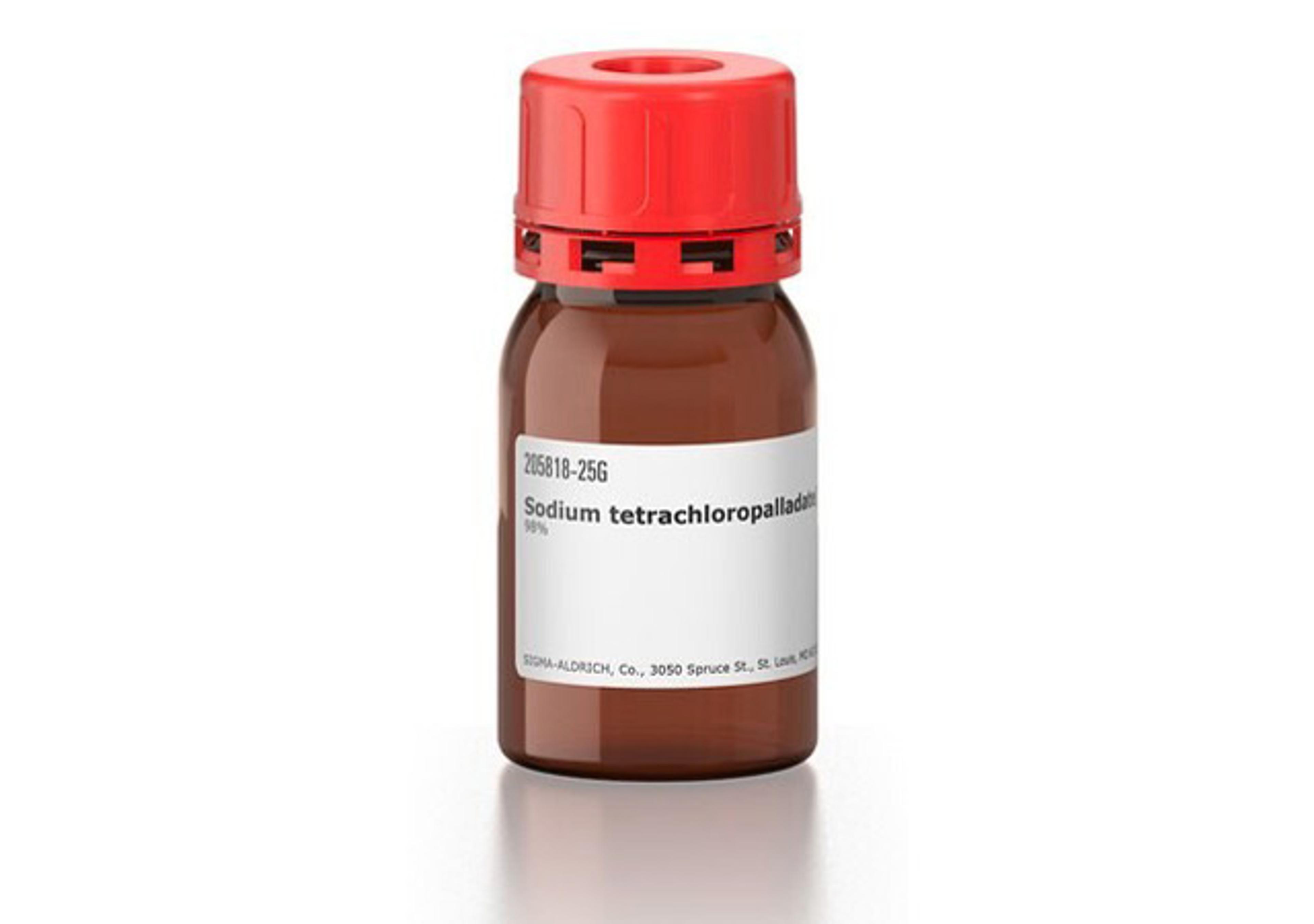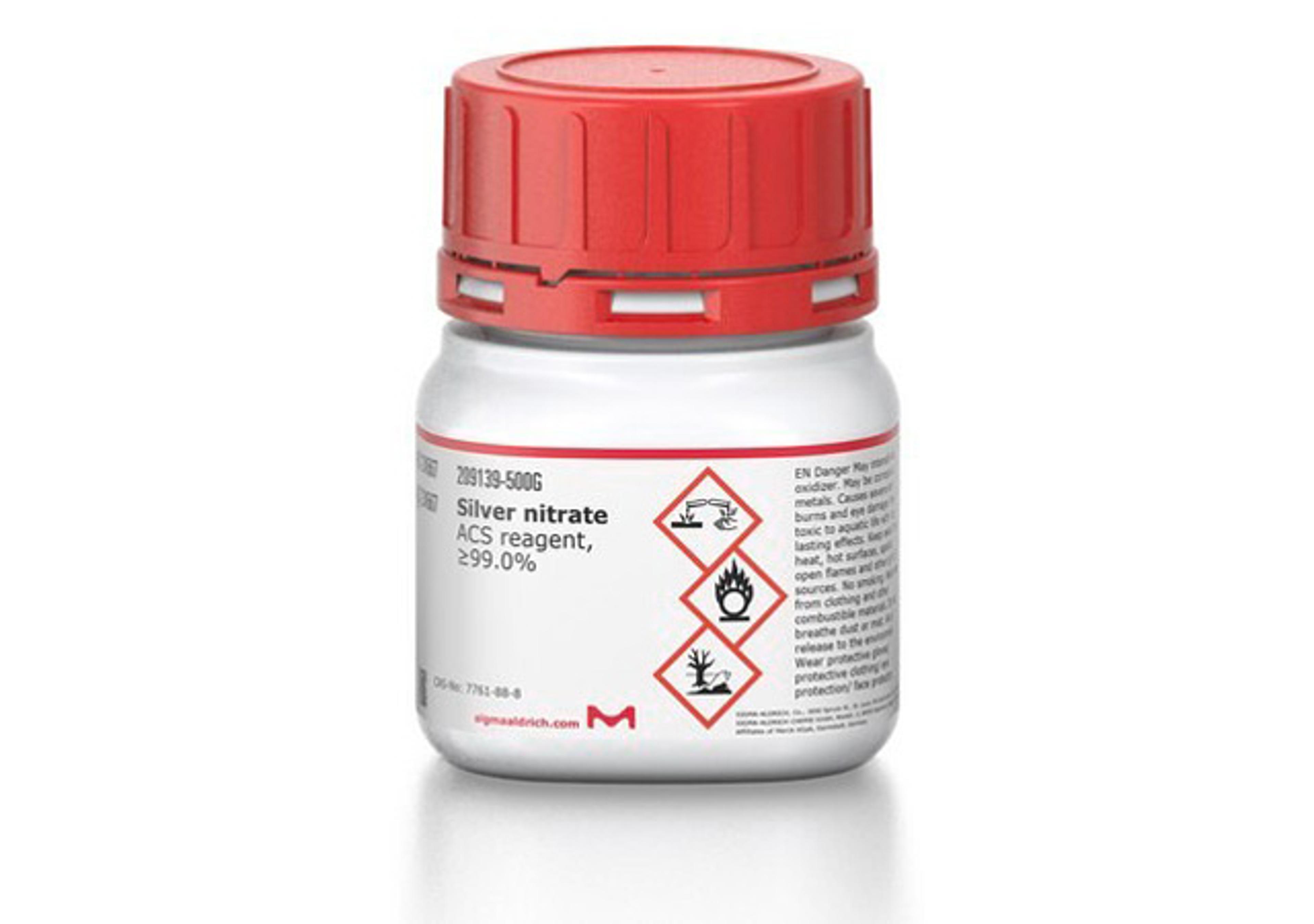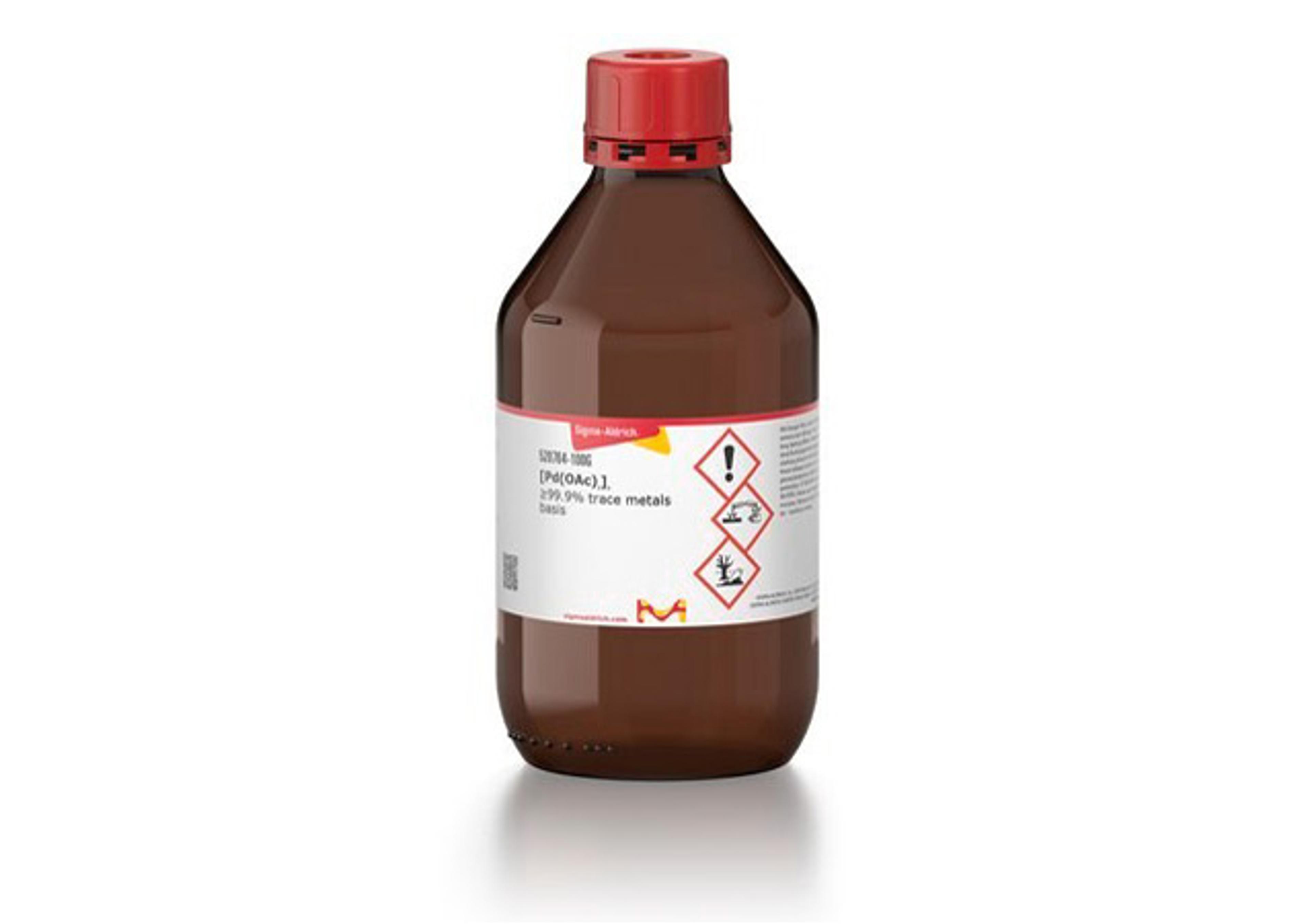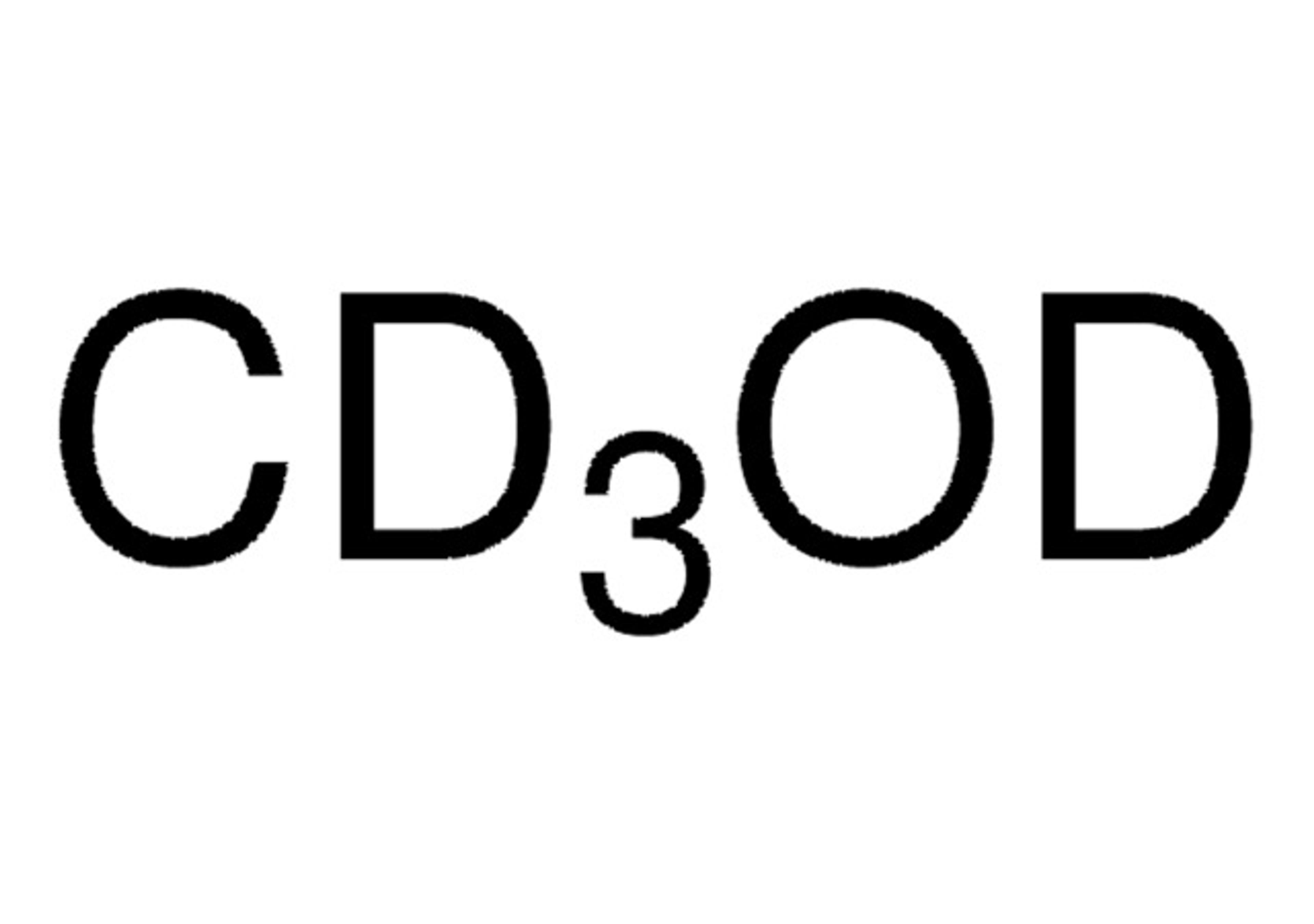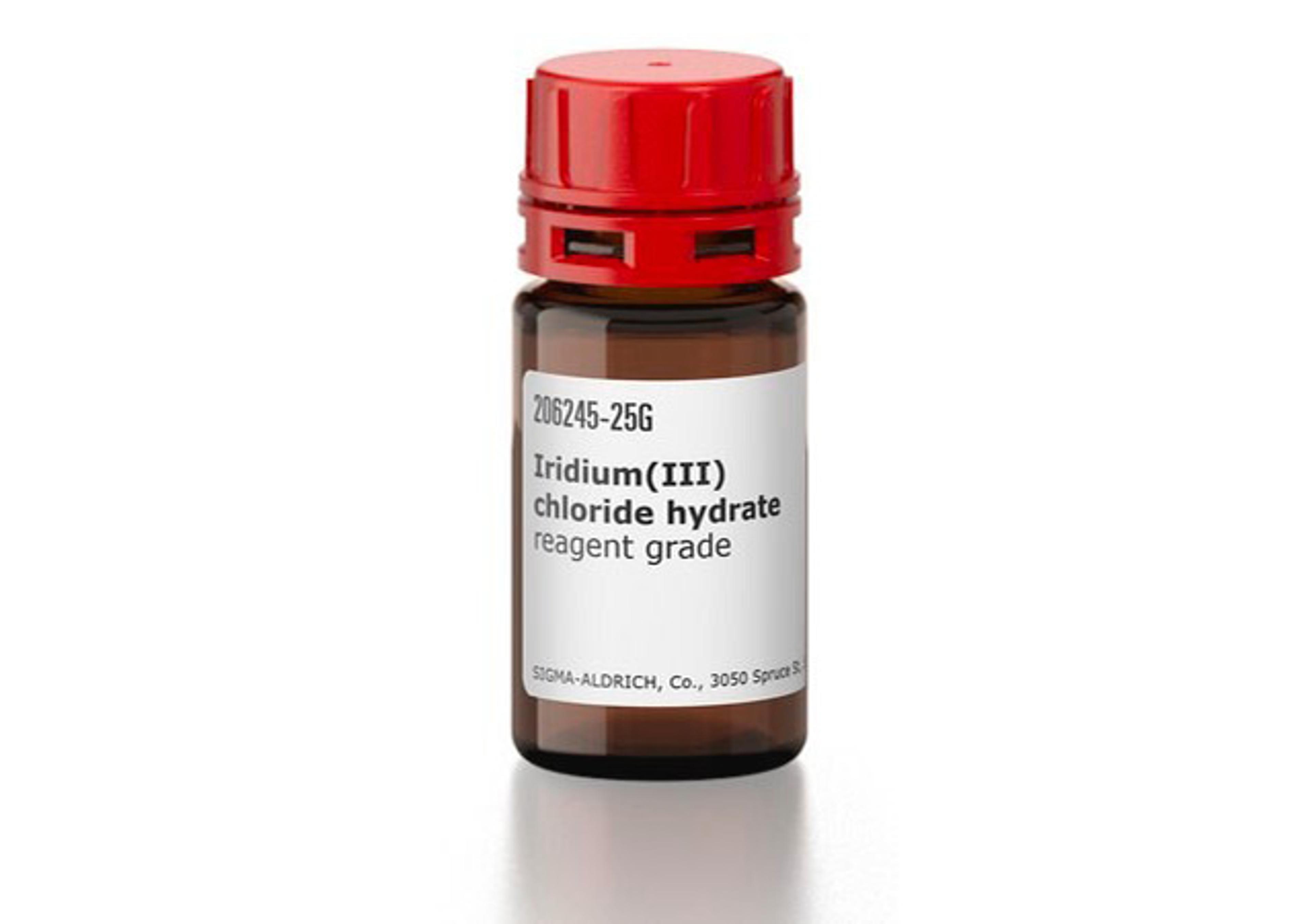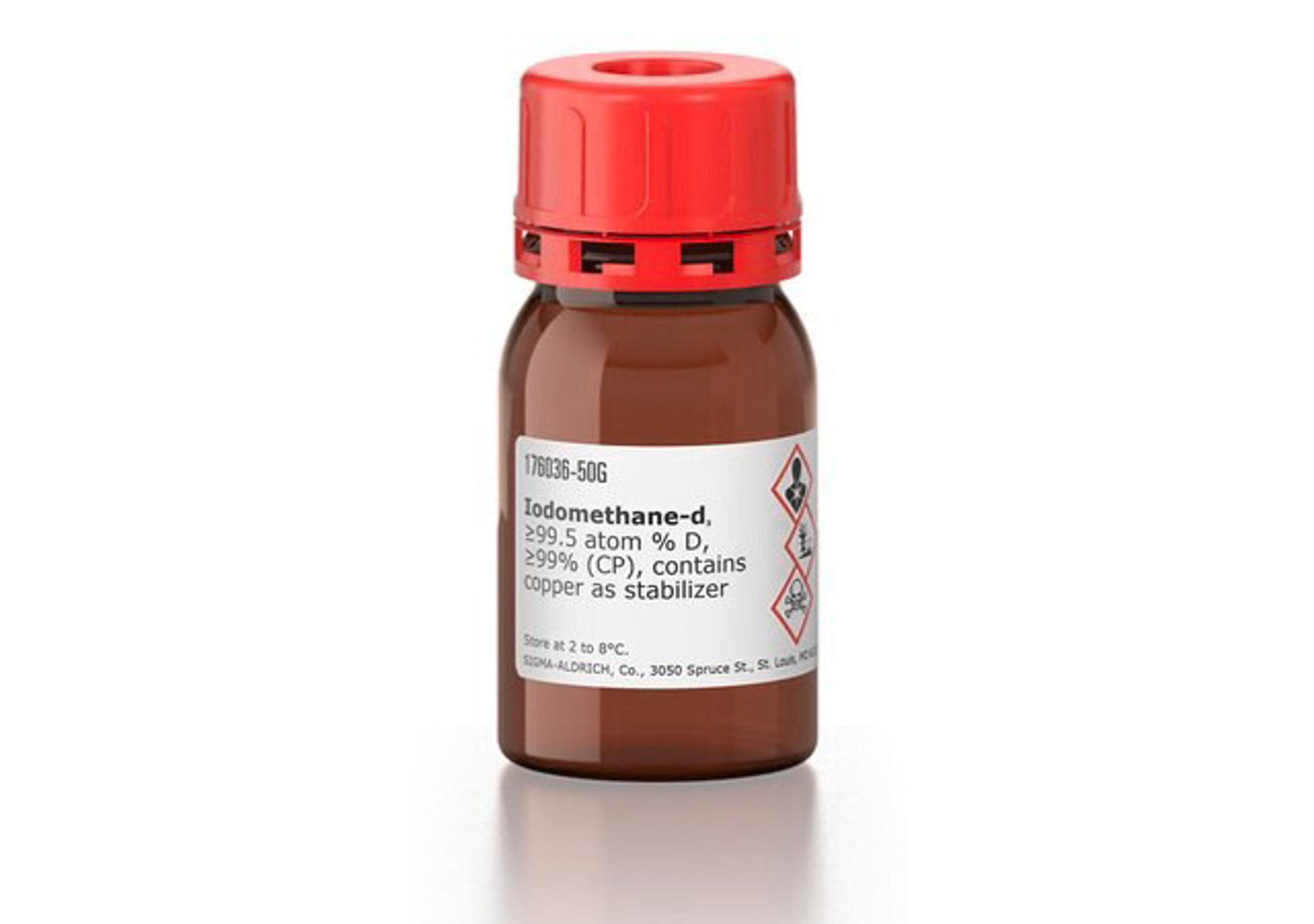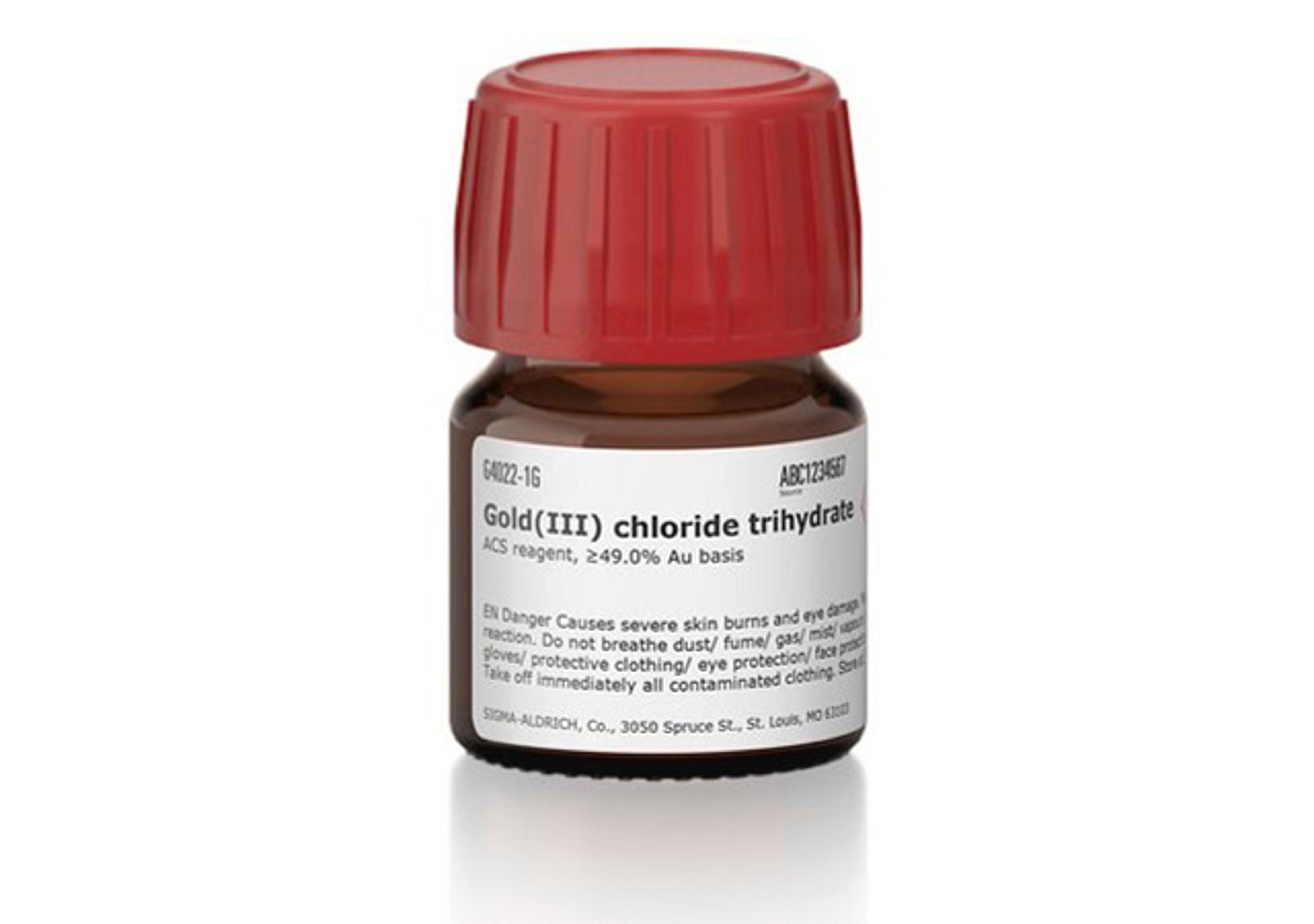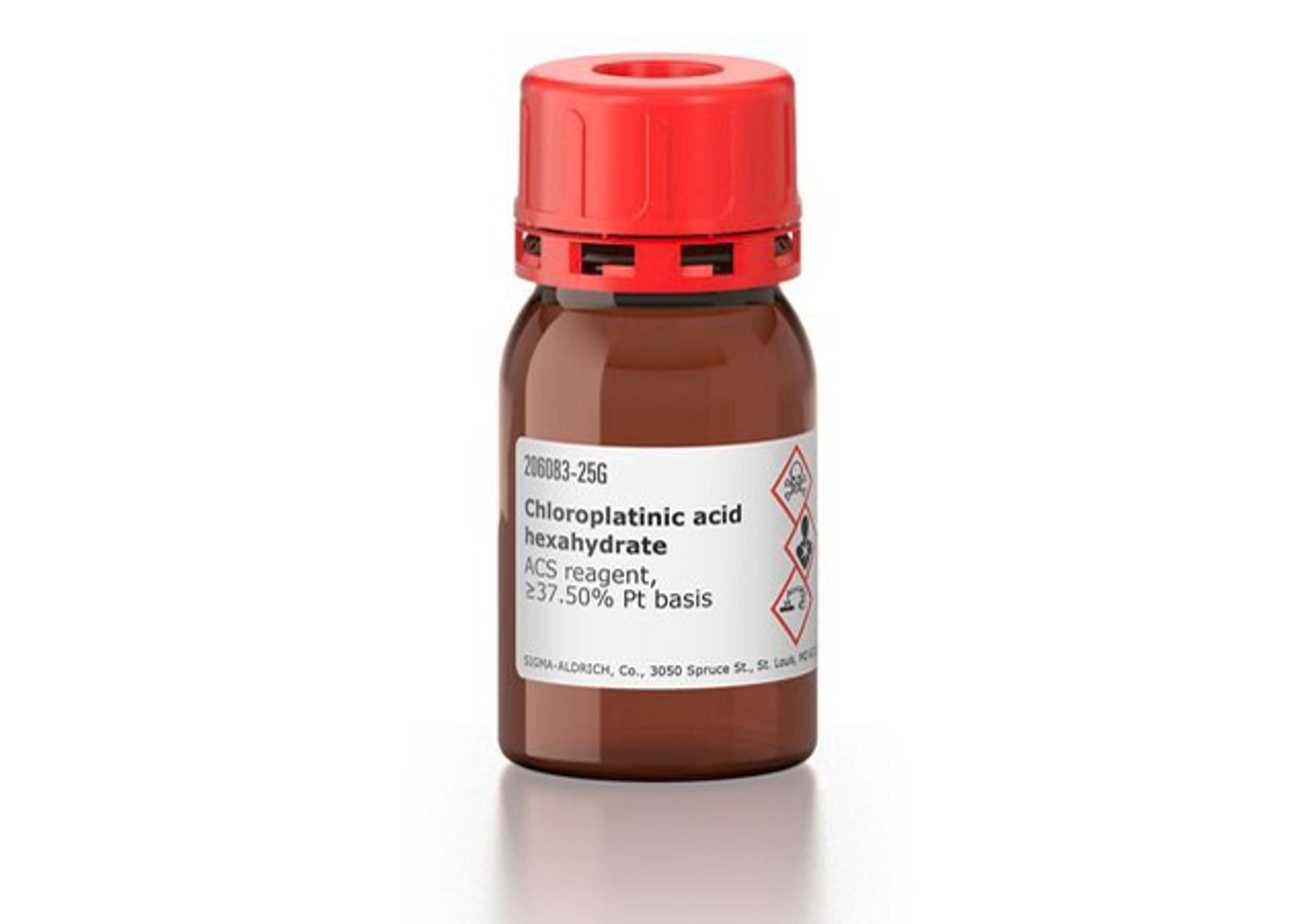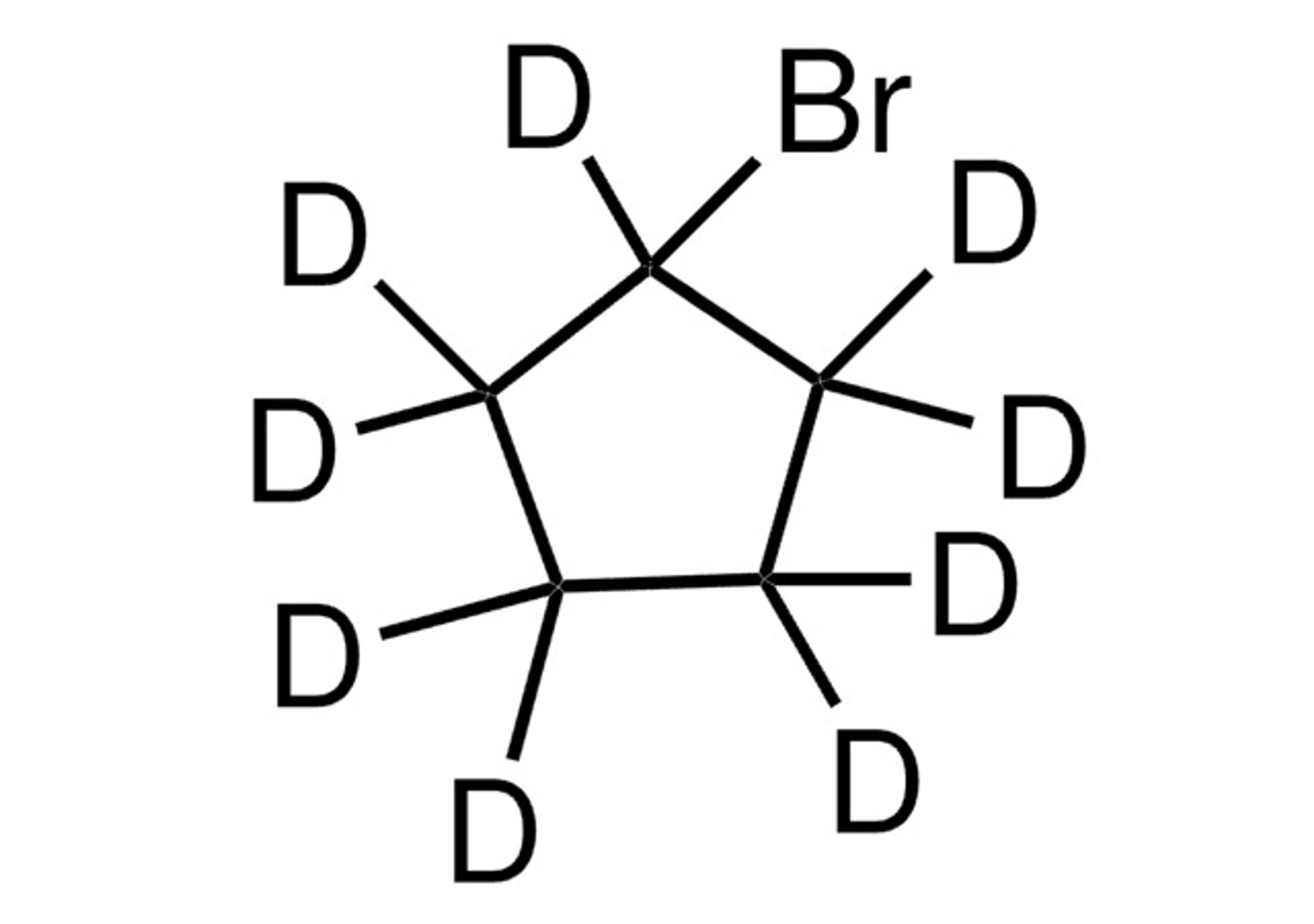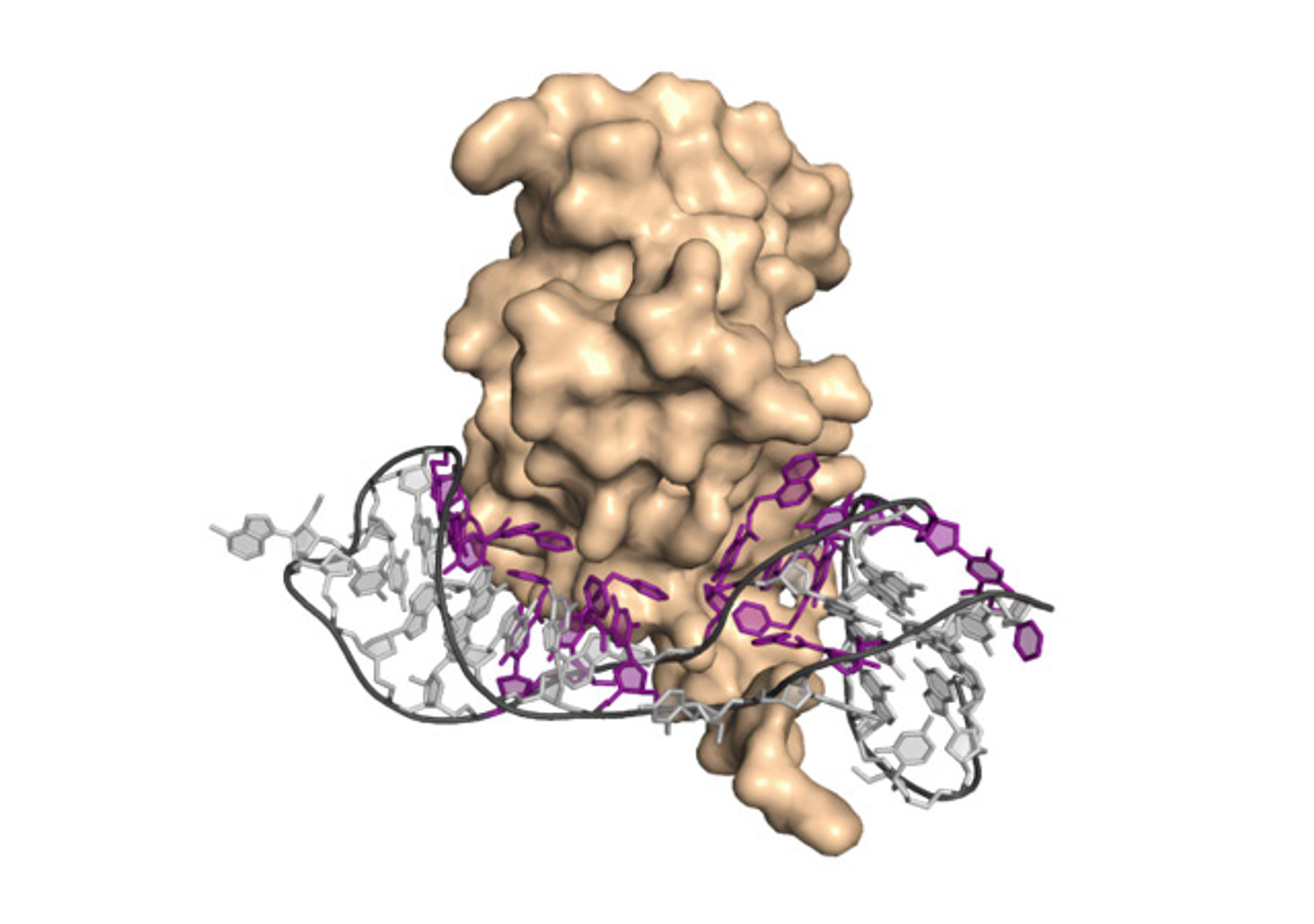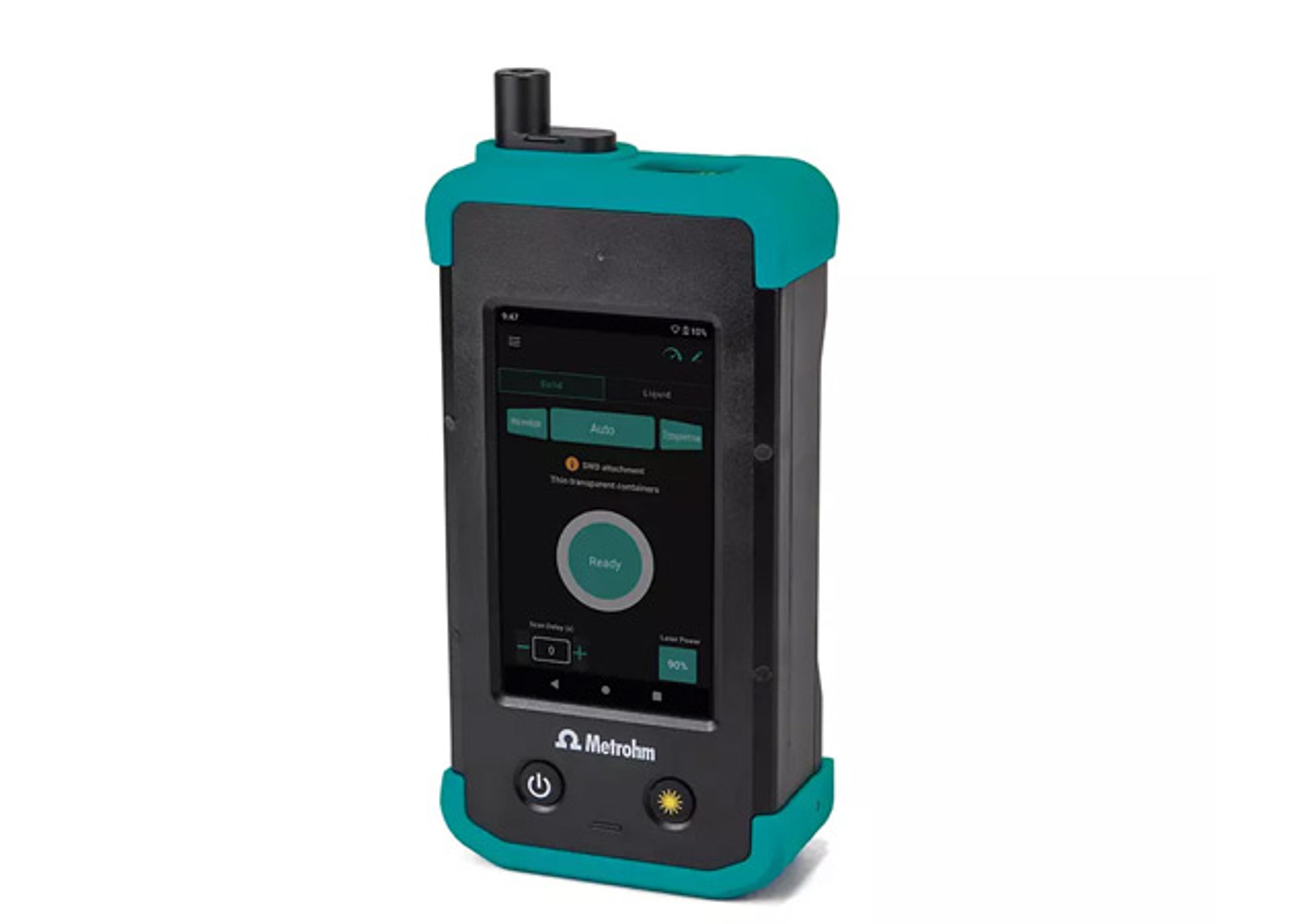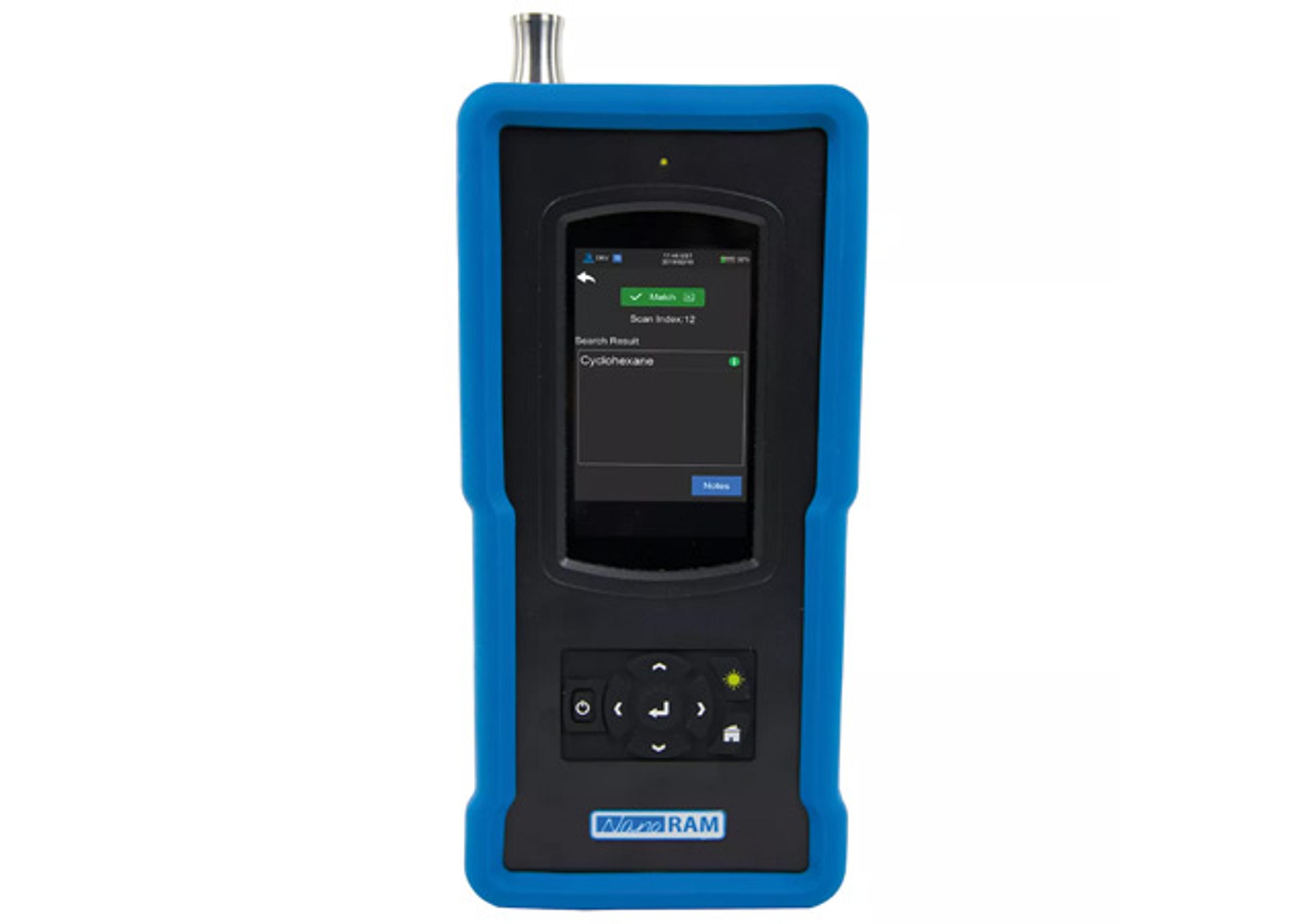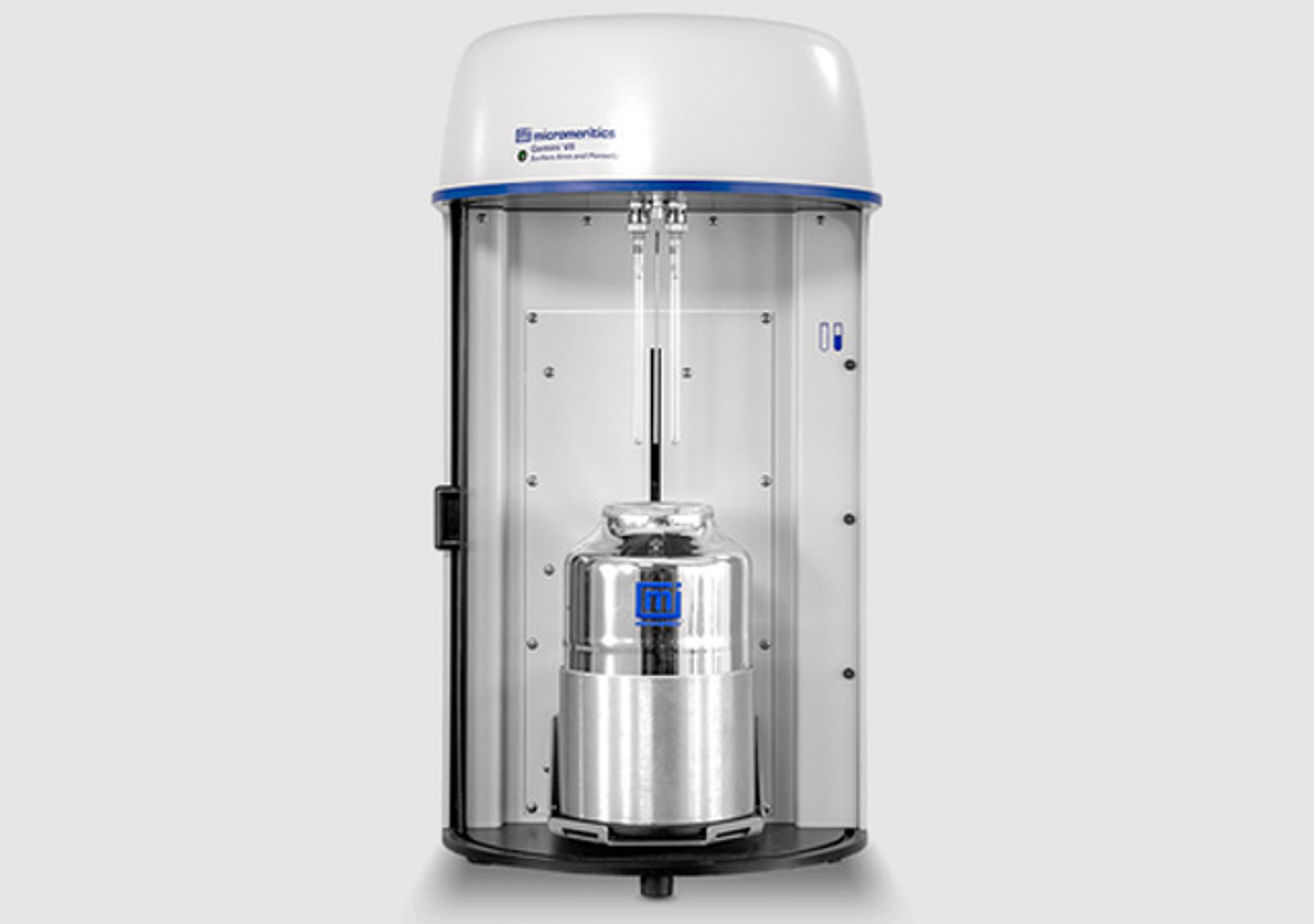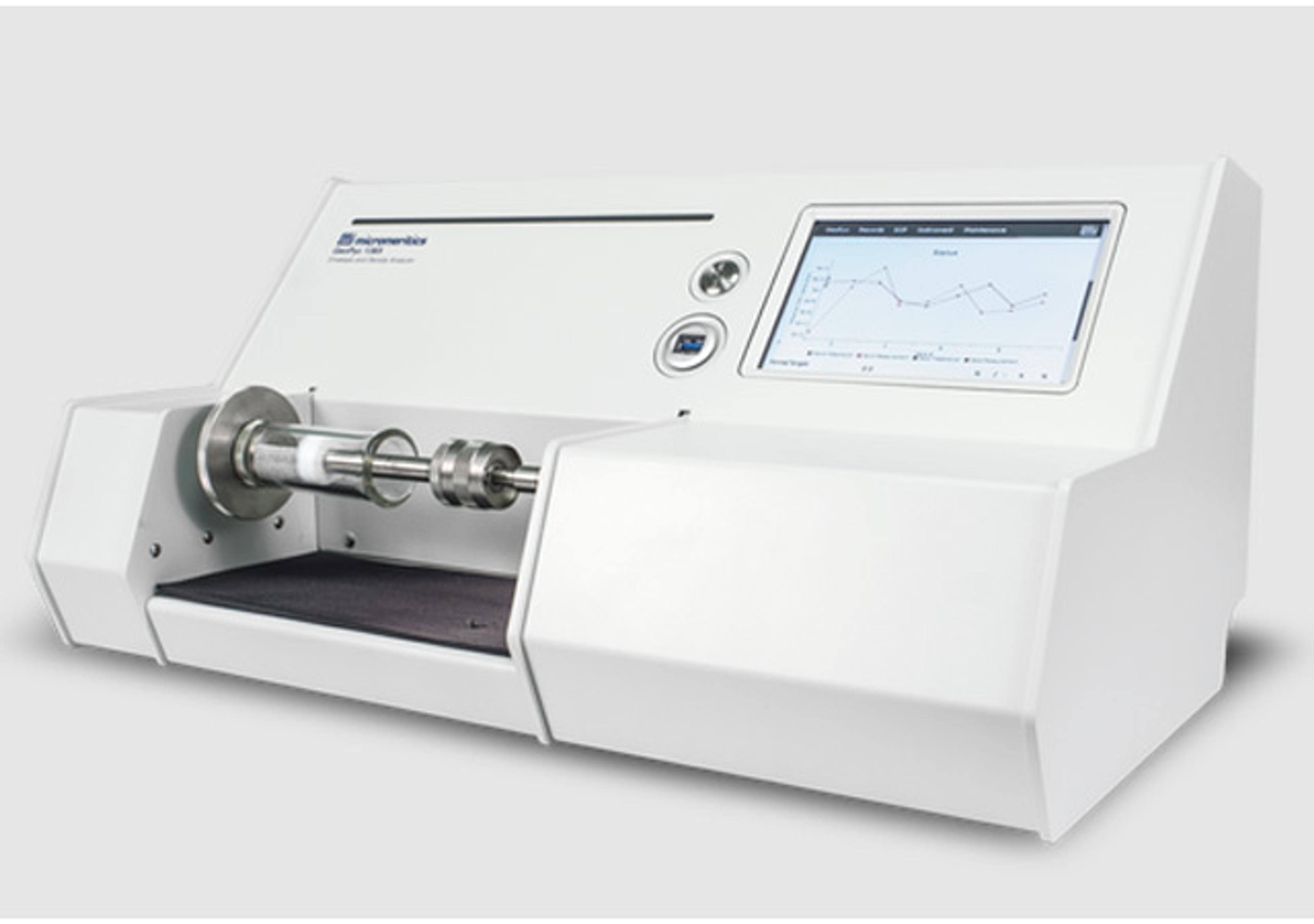TSu
The fast screening of thermal and pressure hazards can be performed with the Thermal Screening Unit (TSu). It typically uses samples of 0.5 to 5g to generate both temperature and pressure data, and hence can be considered a better alternative to classical DSC/DTA methods.

The supplier does not provide quotations for this product through SelectScience. You can search for similar products in our Product Directory.
Applications
The TSu typically finds application in:
- Thermal reaction screening of reaction hazards in process scale-up
- Thermal stability studies on the reaction waste stream
- This is due to its ability to characterize sample pressure changes in addition to thermal behavior, and its capability in supporting relatively large sample measurements
For effective reaction hazard screening, two critical pieces of data are needed:
- The onset temperature (Td) of the reaction- where the exotherm is detected
- The pressure generated by the resultant runaway
- Secondary thermal runaway risk
If the MTSR (Maximum Temperature of the Synthesis ) is greater than the onset temperature (Td) of a component within the reaction mix, an undesired side reaction or decomposition may be triggered, possibly leading to a secondary thermal runaway.
In addition to considering thermal stability, it is also vital to screen for pressure hazards. Some of the most hazardous reaction mixes are those which involve the production of non-condensable gases. The TSu provides critical information on the associated pressure change, which is vital for assessing the over-pressurization hazard.
The TSu’s ability to support relatively large volume measurements (0.5 ml to 10 ml), enables representative samples of the reaction mix to be screened and reliable data to be determined for the reactants, intermediates, and products in the reaction mix. The test cells are available in a variety of materials, enabling a range of sample types to be tested. The test cells are also fully compatible with the Phi-TEC I and Phi-TEC II. This facilitates data comparison and method transfer between the instruments, should the initial hazard assessment on the TSu highlight that a secondary thermal runaway is likely, and that it is necessary to screen the hazard more thoroughly adiabatically.

